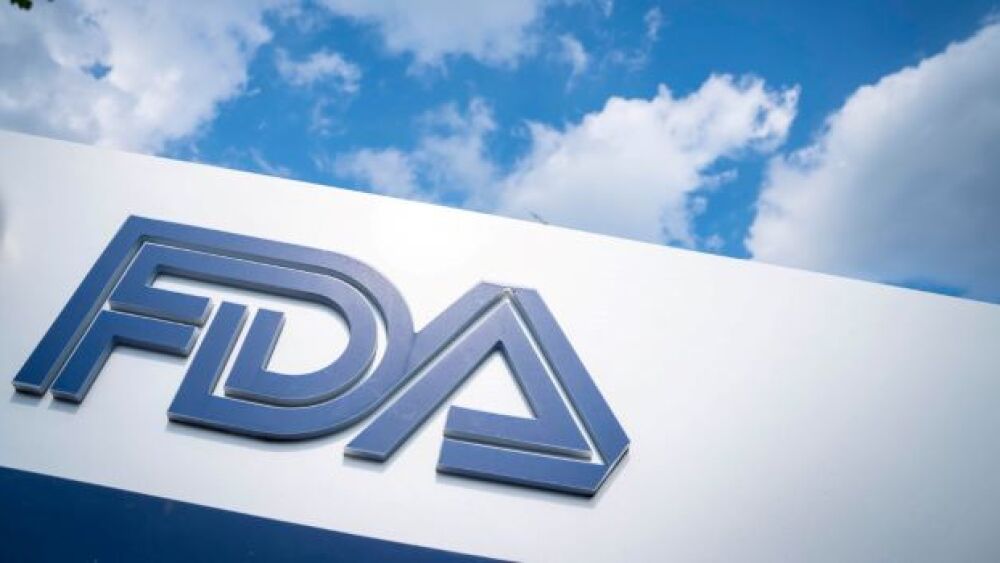The announcement came following independent FDA analyses of inspections conducted at the two CROs in November 2019.
Sarah Silbiger/Getty Images
Several unnamed pharmaceutical companies have been caught in the crosshairs of serious data integrity violations the U.S. Food and Drug Administration (FDA) determined have occurred at two Indian clinical research organizations, Synchron Research Services and Panexcell Clinical Lab.
The FDA informed an untold number of companies that some of their clinical trials would need to be repeated due to what the agency called “significant instances of misconduct and violations of federal regulations, which resulted in the submission of invalid study data.”
In one letter addressed to Panexcell, the FDA wrote that personnel raised “significant concerns about the validity and reliability of bioequivalence and bioavailability data generated” at the firm. The agency went on to say that Panexcell had failed to demonstrate that the analytical method used in some of these studies was “accurate and of sufficient sensitivity to measure, “with appropriate precision” the actual concentration of the active drug ingredient or therapeutic moiety or its active metabolite(s), achieved in the body.” In other words, the drug’s therapeutic effect could not be accurately determined.
While referencing different studies conducted at each firm, the letter addressed to Synchron was in a similar vein with many identical sections, including the above. Despite the similarities, the FDA pointed out that these were two separate investigations.
“These are two different companies, and their inspections were not associated. However, during FDA’s assessment of these companies, we realized there were similar data integrity violations,” the agency stated during a separate Q&A session.
The announcement came following independent FDA analyses of inspections conducted at the two CROs in November 2019. The decision applies to all companies with drugs that have been approved, tentatively approved or are currently under review, which will be required to repeat bioequivalence and bioavailability studies in cases where the approval would hinge on those studies. According to an FDA spokesperson, this pertains to just over 100 drug applications.
The FDA has not shed any light on the two-year delay between the initial inspections and its decision to require the drug sponsors to repeat the studies.
The situation is also creating nightmares for pharmacies prescribing the drugs in question as the FDA has changed the therapeutic equivalence rating on approved generics, meaning that while the drugs can still be prescribed, they may not be automatically substituted. The FDA is investigating post-market safety reports that relied on data generated by the two companies but stated that so far, it “has not identified signals related to problems with the safety or quality of the approved drugs.”
Panexcell should be getting used to the scrutiny. In July 2020, the European Medicines Agency (EMA) suspended marketing authorization for all generic drugs tested at its Mumbai, India site after Austrian and German investigators discovered irregularities in its bioequivalence studies.
While none of the affected companies have been named, The Economic Times of India reported that a generic drug sponsored by Indian multinational Emcure Pharmaceuticals, which has an approval date of May 10, 2019, has been given the therapeutic rating of BX by the FDA’s Orange Book, indicating that the data to support the drug’s therapeutic effect is insufficient.






